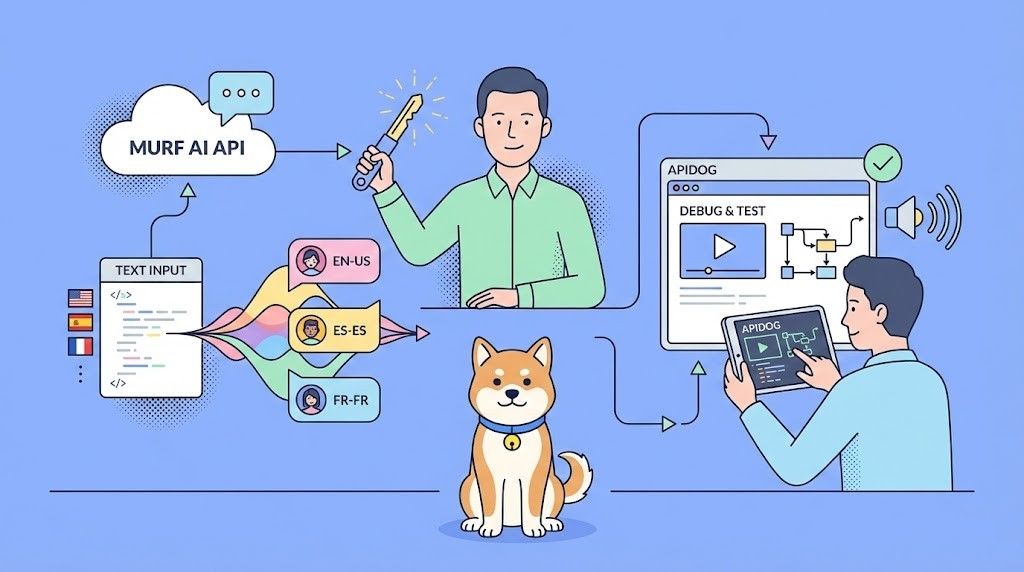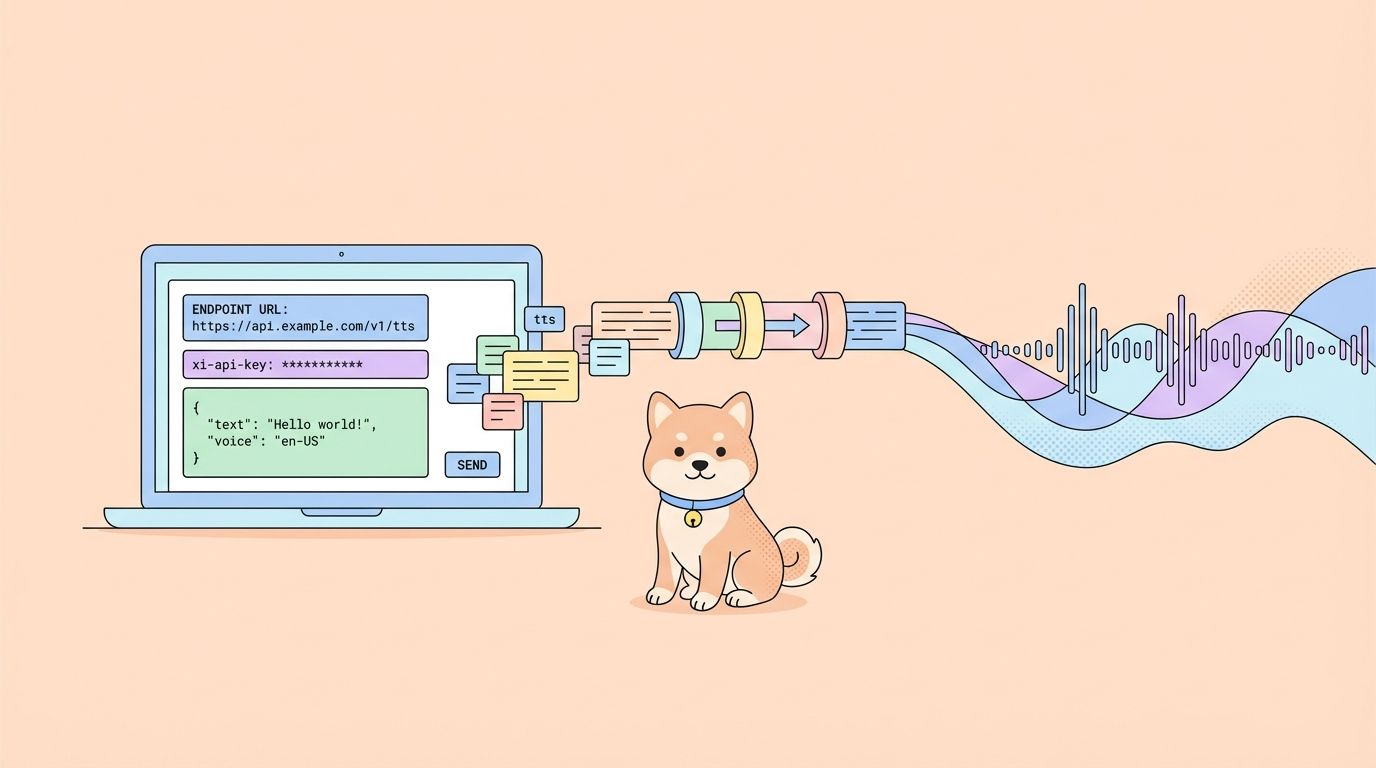Modern software development demands efficient automation and persistent task execution. Claude Code background tasks fundamentally change how developers handle long-running processes, automated workflows, and CI/CD pipelines. These capabilities integrate seamlessly with comprehensive API testing tools.
Technical Architecture
Claude Code background tasks operate through a persistence layer that maintains process continuity across development sessions. Unlike traditional CLI tools that terminate when sessions end, Claude Code implements a background task manager preserving running processes, environment states, and execution contexts.

The architecture contains three core components:
- Task persistence engine - Maintains process states in isolated containers
- Session management layer - Tracks active processes across development contexts
- Process orchestration system - Handles resource allocation and inter-task communication
This system prevents resource conflicts while optimizing performance across concurrent operations. The orchestration layer provides intelligent task scheduling, automatically balancing computational loads across available system resources.
Core Capabilities
Claude Code background tasks include several features that distinguish them from conventional development tools:
Process Persistence maintains task execution across session interruptions. This proves valuable for long-running compilation processes, continuous testing suites, and deployment pipelines.
GitHub Actions Integration enables direct CI/CD workflow interaction from Claude Code sessions. Developers can trigger builds, monitor pipeline status, and receive real-time feedback without switching environments.
Native IDE Integration with Visual Studio Code and JetBrains products provides seamless development experiences. Background tasks modify files directly within connected IDEs, displaying edits in real-time and enabling true pair programming between developers and AI assistance.
Advanced Debugging capabilities allow developers to attach debuggers to running background tasks, inspect runtime states, and modify execution parameters without interrupting processes.

Implementation Patterns
Effective Claude Code background tasks implementation requires specific patterns that maximize productivity:
Session-based Organization groups tasks into logical units sharing common contexts and dependencies. This reduces initialization overhead and improves resource utilization.
Dependency Management ensures tasks execute in correct sequences while avoiding deadlocks. Background tasks often depend on file system changes, network resources, or concurrent processes.
Resource Isolation prevents tasks from interfering with each other through task-specific resource limits, memory constraints, and CPU throttling mechanisms.
Error Handling implements circuit breaker patterns, exponential backoff strategies, and automatic retry mechanisms for system resilience.
Workflow Integration
Claude Code background tasks integrate with modern development workflows through several mechanisms:
Continuous Integration workflows benefit from automated task execution. Tasks monitor code repositories, trigger testing suites, and deploy applications based on specific conditions.
Database Operations handle schema migrations, test data population, and development environment consistency across team members.
API Development workflows gain benefits through integration with testing frameworks. Tasks continuously validate endpoints, generate documentation, and perform security audits. Integration with Apidog enhances these capabilities through comprehensive API testing and documentation features.
Microservices Management includes service discovery, health monitoring, and inter-service communication patterns, reducing operational complexity while improving reliability.
Performance Optimization
Optimizing Claude Code background tasks requires understanding system resource patterns:
Memory Management focuses on minimizing resident memory usage while maintaining responsiveness through lazy loading patterns, memory pooling, and garbage collection optimization.
CPU Utilization employs intelligent scheduling considering process priorities, resource requirements, and system load patterns. Tasks implement cooperative scheduling that yields control during resource-intensive operations.
I/O Optimization addresses file system and network operations through asynchronous I/O patterns, connection pooling, and caching mechanisms.
Monitoring Integration provides performance tracking through structured logs, metrics, and health indicators that facilitate troubleshooting and optimization.
Testing and Quality Assurance
Claude Code background tasks transform testing workflows through automated execution:
Automated Testing runs comprehensive test suites including unit tests, integration tests, and end-to-end validation scenarios, providing immediate feedback on code changes.
Static Code Analysis executes linting operations, security scans, and code coverage analysis automatically, ensuring quality standards without manual review overhead.
Performance Testing runs load tests, stress tests, and profiling operations against development environments, preventing performance regressions.
API Testing Integration with Apidog enables automated API validation, contract testing, and documentation synchronization through continuous endpoint testing and specification validation.

Security Considerations
Claude Code background tasks require careful security implementation:
Process Isolation prevents unauthorized resource access through proper sandboxing, resource constraints, and access control mechanisms.
Credential Management implements secure storage, rotation mechanisms, and access auditing to protect sensitive information during task execution.
Audit Logging provides comprehensive visibility into task activities, tracking execution histories and security-relevant events for compliance requirements.
Network Security addresses communication through proper authentication, encrypted communications, and network access controls.
Tool Ecosystem Integration
Claude Code background tasks integrate with contemporary development tools:
Version Control integration monitors repository changes, triggers workflows, and maintains branch synchronization automatically.
Container Orchestration manages Docker and Kubernetes container lifecycle operations, resource monitoring, and service health maintenance.
Cloud Platform Integration interacts with AWS, Azure, and Google Cloud services for resource provisioning, deployment management, and infrastructure monitoring.
Development Analytics collects code metrics, build performance data, and productivity indicators automatically for evidence-based process improvements.
Conclusion
Claude Code background tasks represent a significant advancement in development automation. Through persistent task execution, intelligent resource management, and seamless workflow integration, these capabilities address fundamental challenges in modern software development.
Combined with tools like Apidog for comprehensive API testing and documentation, Claude Code background tasks enable development teams to achieve unprecedented productivity levels. The future of software development lies in intelligent automation that amplifies human creativity while handling routine tasks—and these capabilities represent a crucial step toward that future.



